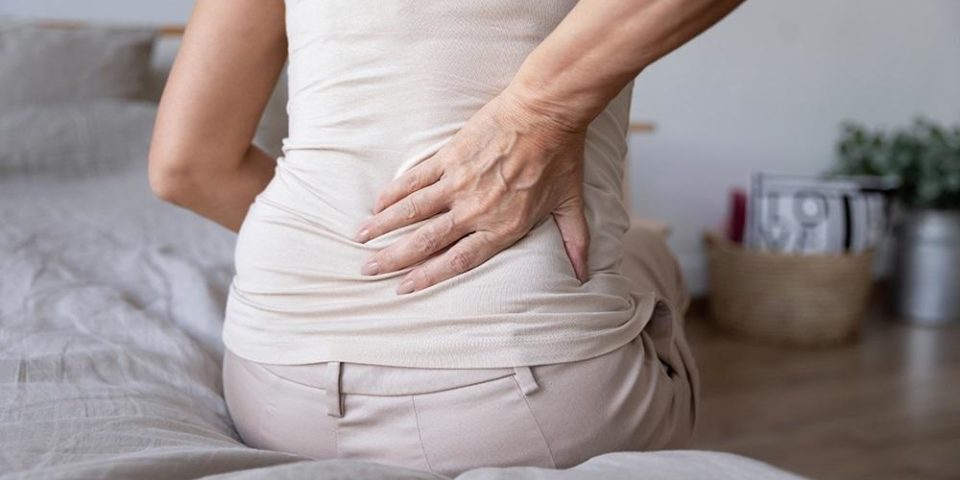7 tips for preventing kidney stones
A typical Southern diet easily lends itself to the formation of kidney stones. Eating and drinking large quantities of red meats, peanut butter, salt, coffee and tea puts susceptible people more at risk for developing kidney stones. And those who develop a kidney stone have a 50% chance of getting another within 10 years.
“About 1 in 10 Americans will suffer from a kidney stone at some point in their life. Besides pain that may become disabling, kidney stones come with a risk of infection or loss of kidney function if not treated properly,” said urologist Timothy D. Averch, MD.
How do you know if you have a kidney stone?
Dr. Averch said there are several key signs that you might have a kidney stone. They include:
- Pain in the upper back that may move to the groin
- Nausea
- Fever
- Blood in the urine, which may look pink
- Urge to urinate with little passing of urine
- Recurring urinary tract infections
What causes kidney stones?
There are a variety of risk factors that can contribute to kidney stones, such as:
- Low urine volume
- Diet high in salt
- Animal proteins
- Foods high in oxalates
- Bowel conditions
- Obesity
- Medical conditions
- Family history
- Certain medications
- Vitamin C supplements
How can you prevent kidney stones?
Dr. Averch said there are several things you can do to help lower your risk for kidney stones.
- Stay hydrated. Dehydration is one of the main causes of kidney stones. To avoid kidney stones be sure to drink at least 100 ounces of water a day while limiting your intake of sugary and alcoholic drinks.
- Put down the salt shaker. Many Southern dishes can be high in salt, so it is important to make sure your normal diet isn’t high in sodium.
- Get enough calcium. Consuming the right amount of calcium – not too little and not too much – can help you avoid kidney stones.
- Eat fruits and vegetables. Make sure you eat your fruits and vegetables along with a balanced diet.
- Limit your meat intake. Eating too much red meat and poultry could lead to kidney stones.
- Avoid dietary oxalates. Limit your intake of tea, coffee, nuts and chocolate to small amounts.
- Get a check-up. Getting a routine physical check-up is important as your doctor may identify a kidney stone before symptoms become severe.
Factors that cause kidney stones can be identified with your doctor and a personal prevention plan can be created. Some kidney stones can be passed, while others may require surgery to be removed. The best option for you should be discussed with your doctor. Get emergency care if you are experiencing severe pain, fever or chills.
Find a doctor
Whether you’re looking for a primary care physician or need to see a specialist, we’re here to help with experienced, compassionate care near you.
Find a Doctor

